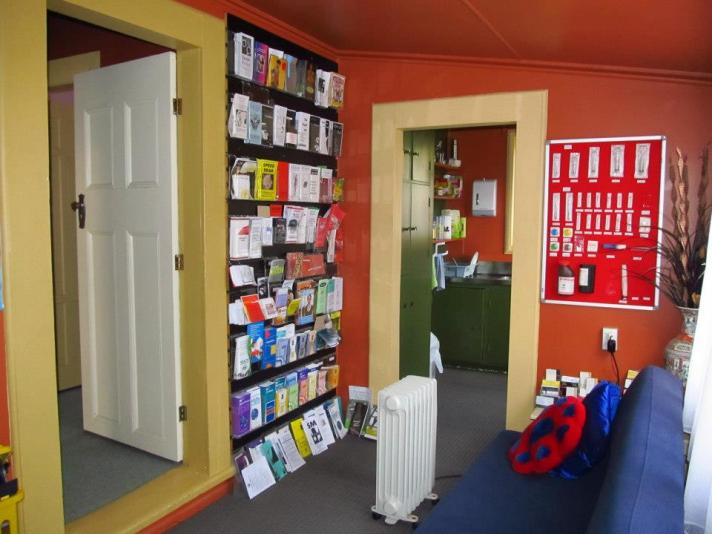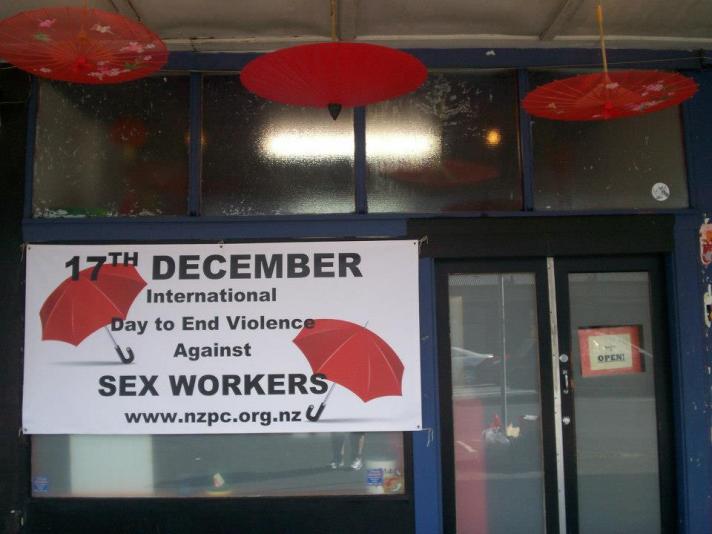History
NZPC’s Beginning
The New Zealand Prostitutes Collective (NZPC) was formed in 1987 by sex workers as an organisation determined to seek equal rights for sex workers. A year later, NZPC agreed to sign a contract with the Minister of Health to provide a range of services to sex workers with a focus on HIV and AIDS.
NZPC established community bases in New Zealand’s main centres, and worked hard to create opportunities for sex workers to communicate their issues. Since inception, NZPC has advocated for the recognition of sex work as work, and the repeal of those laws that criminalise, and discriminate against, sex workers.
NZPC was established with the ideals of the Ottawa Charter (1986) in mind. The Charter acknowledged the importance of community action. In other words, sex workers were able to take control of their own health promotion programs as much as possible in order to determine the direction those programs should take.
How Sex Workers Organised Towards Rights
Sex workers got together in 1987, and formed the organisation New Zealand Prostitutes’ Collective, because of HIV, and because we had no rights and we were being arrested and harassed by the police.
In the beginning this was informal, and we didn’t have a strategy.
We built relationships across organisations such as Public Health, HIV and Rainbow Community organisations, women’s organisations, and other sectors.
When we got into trouble with the police, we knew we had friends who understood why condoms should not be used as evidence against us, and why it was important to support sex workers in our fight for rights.
We had to lobby politicians, and we used the alliances we had built to do that effectively.


The largest indigenous women’s organisation, The Maori Women’s Welfare League, recognised the disproportionate impact of criminalisation on Maori women, and actively supported us.
We were also supported by Te Puawai Tapu indigenous health organisation, The New Zealand Federation of Business and Professional Women, 198 Youth Health Centre, Massey Wellington University Students Association, the senior lecturer in Women’s Studies at Victoria University, The New Zealand AIDS Foundation, Dunedin Community Law Centre, The Human Rights Commission, and The New Zealand Law Society, to name only a few.
1987
A group of women who worked as “masseuses” in Massage Parlours and private houses, joined by street workers who were trans and non-trans (cis) women, got together to discuss the formation of NZPC. As a founding member said:
“We met on beaches, sat round pub tables, huddled in doorways, and spoke on the telephone to unseen, like minded sex workers throughout the country. Sex workers were on the move. People started to talk about us as if we were a force to be reckoned with. This is really when we realised we were becoming an organisation.”
1988
Discussions among those who were part of NZPC, and with the Minister of Health, saw the development of a contract where NZPC agreed to provide a range of services to sex workers, focused on HIV/AIDS prevention, being signed.
As a consequence Community Bases were formed throughout the country over the next ten years, where sex workers could visit and obtain information, support services, meet each other, network, etc. As the organisation grew, six Community Bases were operational by 2000. Free sexual health clinics for sex workers were also established at the Wellington, Auckland and Christchurch community bases.
1991
NZPC was fed up with police raids that negatively impacted on sex workers, and indicated to the Ministry of Health that we would be unable to continue contracting with the Ministry unless an interdepartmental committee was established to investigate repealing the laws against sex work.
2000 – 2003
Since 1989, NZPC had publicly advocated for the decriminalisation of sex work, and we presented a submission to Parliament on this matter. The Prostitution Reform Bill was entered into the Private Members Ballot in September 2000, drawn and introduced to Parliament in October that year.
Oral hearings on the Prostitution Reform Bill commenced in 2001. The Select Committee examined 222 individual submissions, heard 66 oral submissions over more than 23 hours, and spent more than another 42 hours discussing the Bill. The Prostitution Reform Bill passed Parliament on 25 June 2003. The parts decriminalising soliciting, brothel keeping, procuring and living on the earnings, came into effect on 28 June 2003, with the parts requiring certification of operators coming into effect on 28 December 2003. NZPC was a driving force behind the law.
2004
Regional contracts through the Ministry of Health are combined into one national contract.
2007
One of many organisations who assisted the Christchurch School of Medicine, the Crime and Justice Research Centre, and the Prostitution Law Review Committee in providing information that was used to write the Review of the Prostitution Reform Act.
2008
Organised a conference at which the results of the Prostitution Law Review Committee were presented. The Committee found that the Prostitution Reform Act had been of benefit to sex workers:
“The Committee concludes that the PRA has had a marked effect in safeguarding the right of sex workers to refuse particular clients and practices, chiefly by empowering sex workers through removing the illegality of their work.”
2012
NZPC Celebrates 25 years.
2013
NZPC releases the results of a study into Migrant Sex Workers in New Zealand completed by Kaitiaki Research. The study of 124 migrant sex workers:
“[The research] found that there were some vulnerabilities affecting migrant sex workers, both legislative and unique. There were also some concerns raised about some management practices in some brothels, though there was little evidence of trafficking indicators.”
